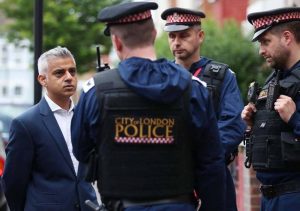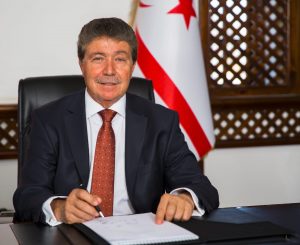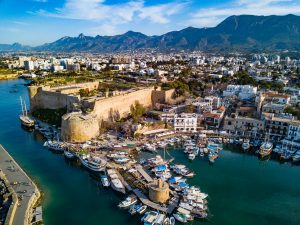Britain says Tunceli is unsafe
But the city’s governor and mayor say they have no idea what the Foreign Office is talking about

Tunceli
A TURKISH GOVERNOR has dismissed British government advice for its citizens to avoid visiting to an eastern Turkish town as “an exaggeration”.
In its latest travel advice the Foreign & Commonwealth Office (FCO) says UK citizens should avoid all but essential travel to the province of Dersim, officially known as Tunceli, in addition to areas close to the Syrian and Iraqi borders.
But Dersim is nearly 400 kilometres from the nearest border crossing with Syria and a car would take eight hours to navigate the winding mountain roads to travel between the two.
The provincial governor Osman Kaymak told Londra Gazete that he thought the FCO warning was exaggerated, while Dersim’s recently elected mayor said there was no reason for it to exist.
There is no FCO advice against visiting any of the provinces surrounding Dersim, including Diyarbakır, where several people died last weeks in demonstrations against the government’s stance on the Syrian town of Kobane.

Mayor Mehmet Ali Bul.

Governor Osman Kaymak
“I started in this role four months ago and I saw the town’s population nearly triple over the summer months as former residents come back home to visit,” Mr Kaymak said as evidence of how often the town is visited.
Mr Kaymak said the city had seen its share of the Kobane protests, but that these had since died down.
The city’s mayor, Mehmet Ali Bul, added that there was currently no security problem in the region, speculating that British intelligence may have felt Dersim’s diverse population could be a target from so-called Islamic State in Syria.
Dersim is home to many Turkish minorities, including people of the Alevi faith.
Fero Fırat, who leads the London-based Dersim Culture and Solidarity Association, said he was taken aback by the advice.
“People from Dersim who live in the UK regularly travel back home and they have never felt a serious security risk,” he said.
A FCO spokesman did not comment on its specific advice to Dersim.
He told Londra Gazete that the travel advice represented the British government’s “best assessment on a range of sources, including people based in the country”.
He said the advice is targeted at the “general traveller” rather than UK citizens who may have family roots in the area.









